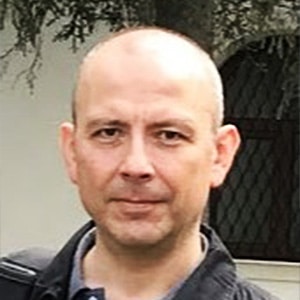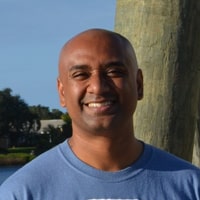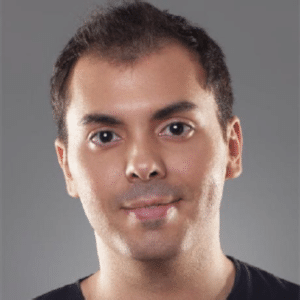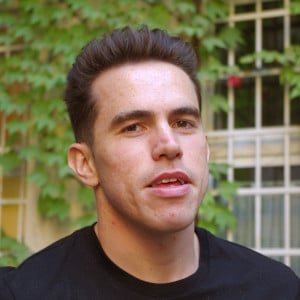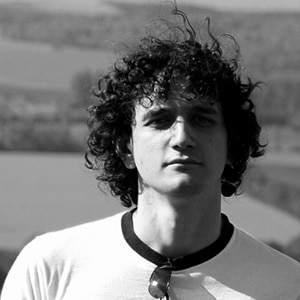
Georgi Petrov
Georgi Petrov is a software engineer at PROS with more than 20 years of programming experience. He has a Master’s degree in Artificial Intelligence from Sofia University and at the roots of his day-to-day job lies his involvement with programming competitions in the distant previous century.
Applying Computer Science Algorithms in Air Travel Industry
We’ll have a look at some Air Travel Industry problems and how we approach them with Computer Science knowledge.
Audience requirements: Attendees are expected to be proficient in C++ and to bring their own development setup (e.g. laptop + IDE). C++ 11, STL (gcc) will be used for the exercise.



